CHICAGO — Railroads work in all sorts of conditions — from the heat of summer to the chill of winter — but few have seen conditions quite like the ones experienced in the Midwest this week.
A polar vortex across the Midwest has brought freezing temperatures not seen in a generation. At Chicago’s O’Hare International Airport the mercury dipped to minus-23 on Wednesday morning, and with the wind it felt like minus-52 below.
In the nation’s railroad capital, trains were delayed or canceled all together. Amtrak canceled all services in and around Chicago on Wednesday, including long-distance trains like the Empire Builder, and began restoring service Thursday. [For more details, see “Amtrak begins restoring Chicago service after weather cancellations,” Trains News Wire, Jan. 31, 2019.] Metra operated modified schedules on most lines and cancelled service altogether on its Electric Line. South Shore commuter service was also cancelled. [For more details, see “Electrified commuter routes stopped by record Chicago-area cold,” Trains News Wire, Jan. 31, 2019.]
Amtrak spokesperson Marc Magliari says conditions in and around Chicago were “dire” and that the trains were cancelled for the safety of passengers and employees.
Railroaders still on the job have been told to drink plenty of fluids and take extra precautions during the cold snap. “We’re telling everyone to minimize their outdoor exposure,” Magliari says.
Freight railroads were not immune to the cold. Union Pacific and BNSF Railway warned customers to expect shipment delays well into the weekend as a result of reduced train speeds and other challenges. BNSF was also reducing the length of trains through the region. In extreme cold, air flow through train brake systems can be greatly reduced, causing a gamut of issues.
“Our operating crews are confronting below zero air temperatures along with wind chills of 30 below zero in locations stretching from western North Dakota through the Chicago area,” BNSF officials wrote in a service advisory. “Each of our affected operating divisions has implemented their respective Winter Action Plan to ensure that our workforce is able to work safely in these conditions and that we can continue to keep trains moving as efficiently as possible.”
Officials with CSX tell Trains News WIre that they are doing everything they can to keep employees safe during the cold snap.
“CSX is closely monitoring the extreme weather conditions gripping the Midwest and parts of the Northeast,” says a CSX spokesperson. “The company is taking precautions to protect rail and intermodal traffic, with a primary focus on ensuring the safety of our employees and infrastructure and meeting customer needs,” says a CSX spokesperson.





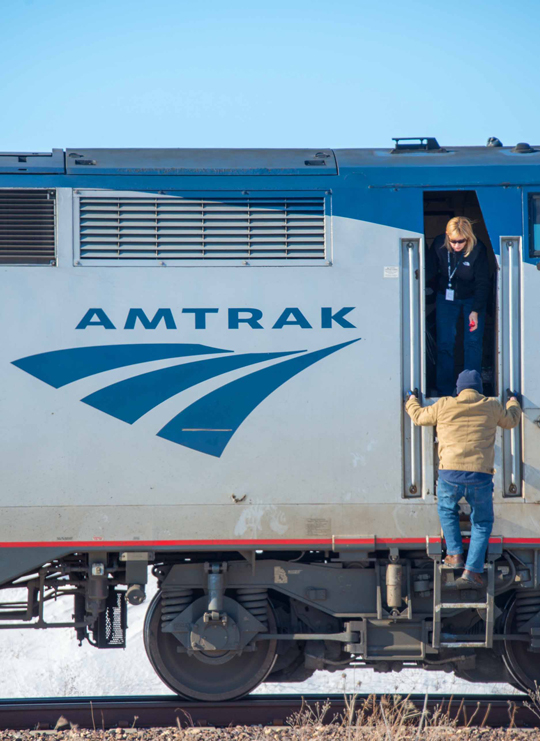

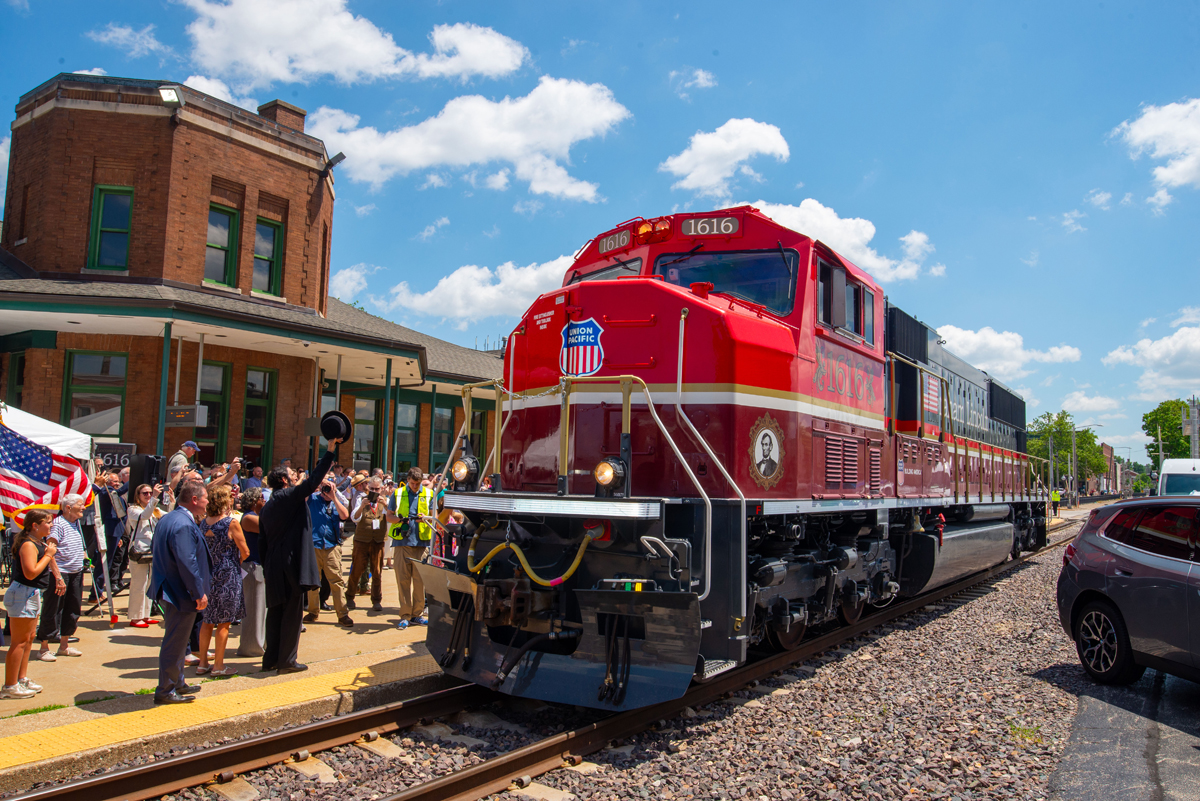
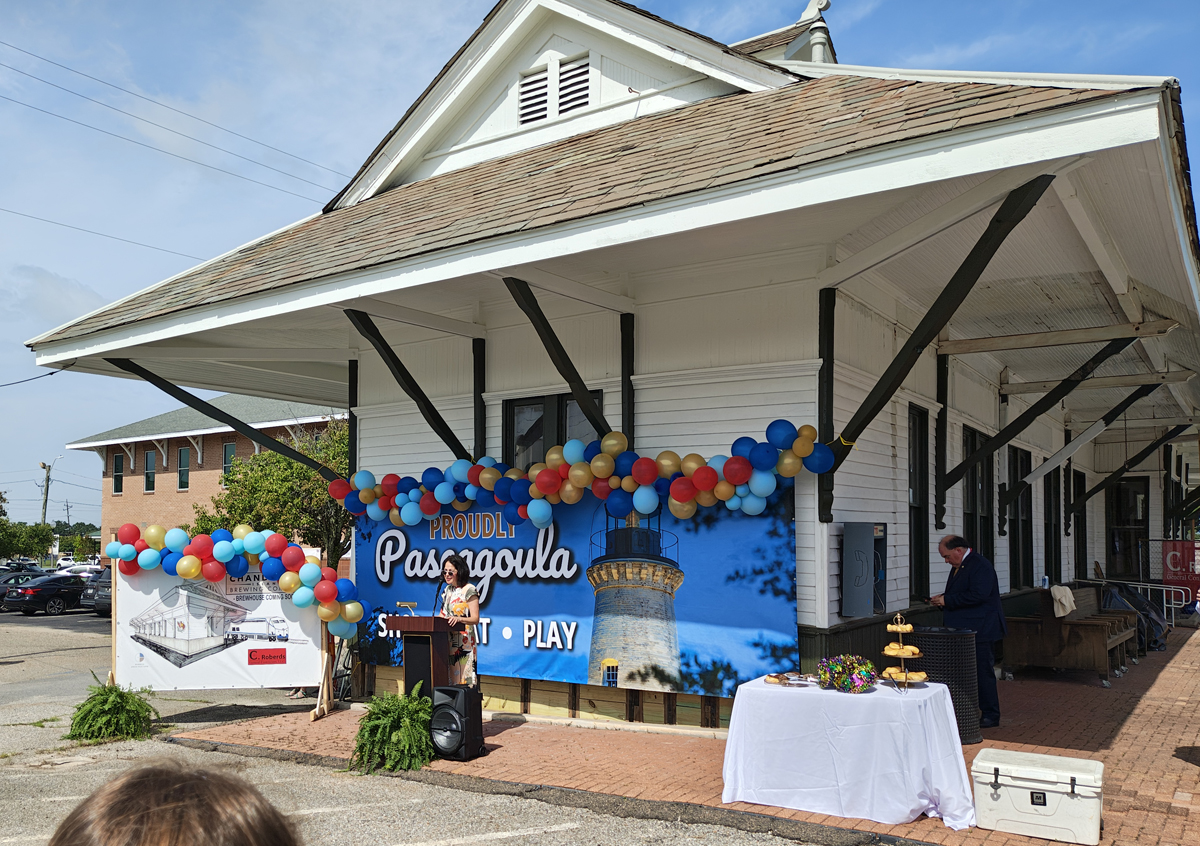
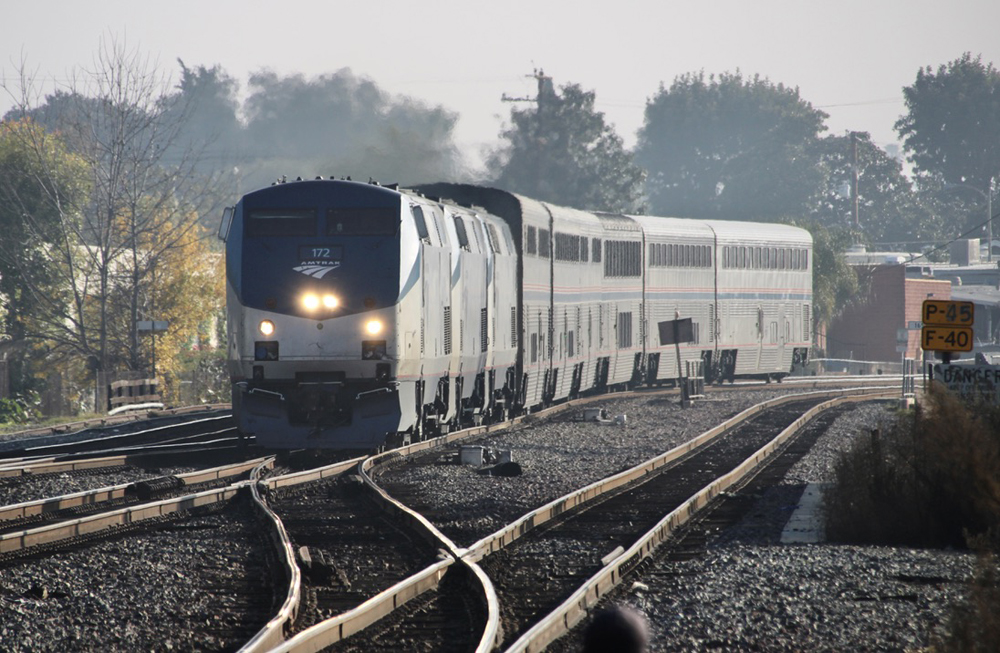
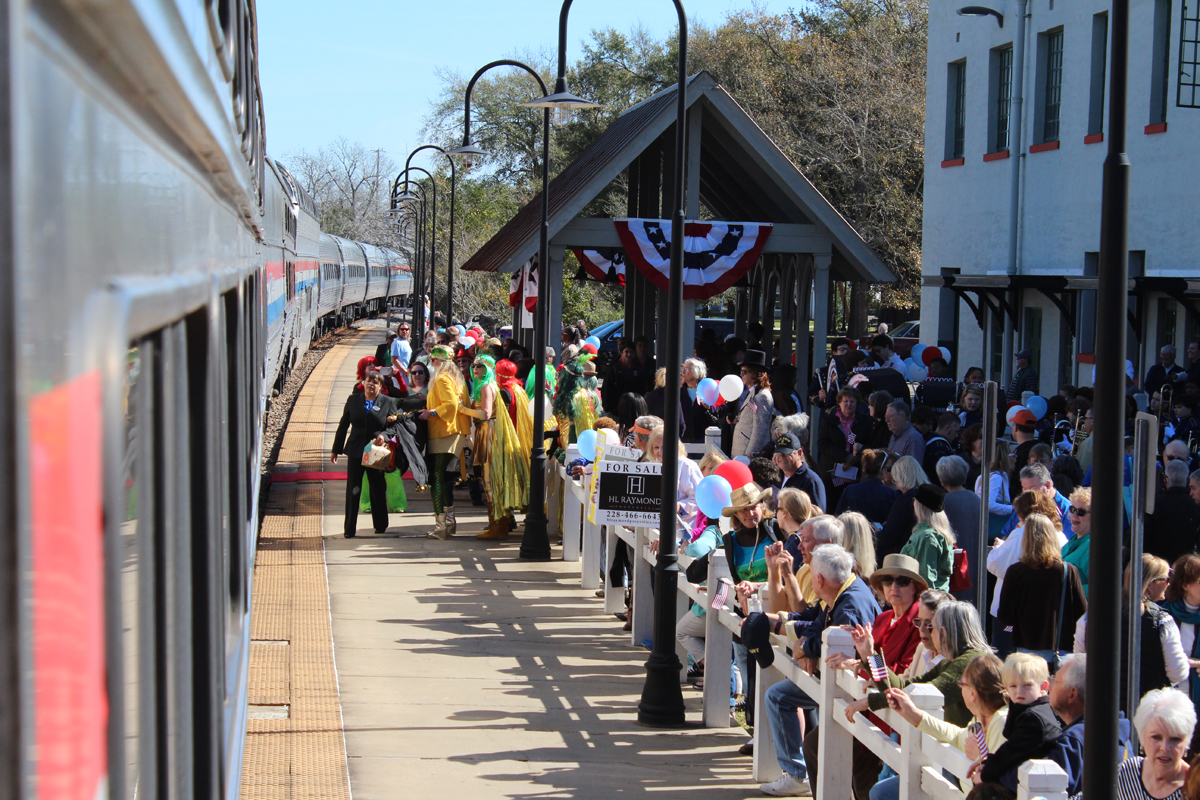




Maybe AMTRK can learn how to run trains from Japan, just recently returned stateside from there, northern japan experiences snow and cold up the ying yang cities like Chicago can only dream about yet their trains run close to being on time and safely, JR Rail has never canceled any train because of snow and cold (none that I’ve heard of) and lived in Japan 4 years.
I agree with Robert Ash. So much for railroads being all weather modes of transportation. Another thing that surprised me, although it’s non-rail, we had no mail delivery for two days. This is the first time that I can recall that mail service was stopped simply because it was cold. Our road were good and open, it was just cold, that’s all. I suppose we have now established a new precedent. In future winters the trains will not run when it’s cold.
Regards,
Fred M. Cain
I hate to be repetitive here, but I worked in the field supporting Amtrak’s operations during the 70’s in some of the worst conditions imaginable. Check out those brutal winters. Certainly safety has to be of a concern for all, but cancelling all trains out of Chicago?! Unprecedented and with all due respect this decision was uncalled for. I truly believe decisions are being made due to over hyping weather conditions. It is not that the conditions are not serious, they are, but with training and with operational contingencies set in place, train operations can go forward with some limitations. Perhaps cancelling the Empire Builder was correct, but corridor trains, long distant trains actually moving away from the bad weather? As a former railroader I cannot understand how Amtrak folds up like a tent anymore. Certainly awful weather has been around since the beginning of time, but Amtrak is proving how unreliable it has become and the inability to respond in tough times. I can understand too, if things go wrong they could go wrong in a bad way in this litigious society. How times have changed.
When all is said and done, the cold snap will have lasted about three to four days. A fraction of the three weeks (Martin Luther King to Superbowl) I have seen in past years.